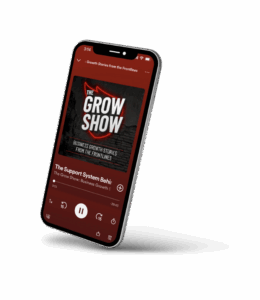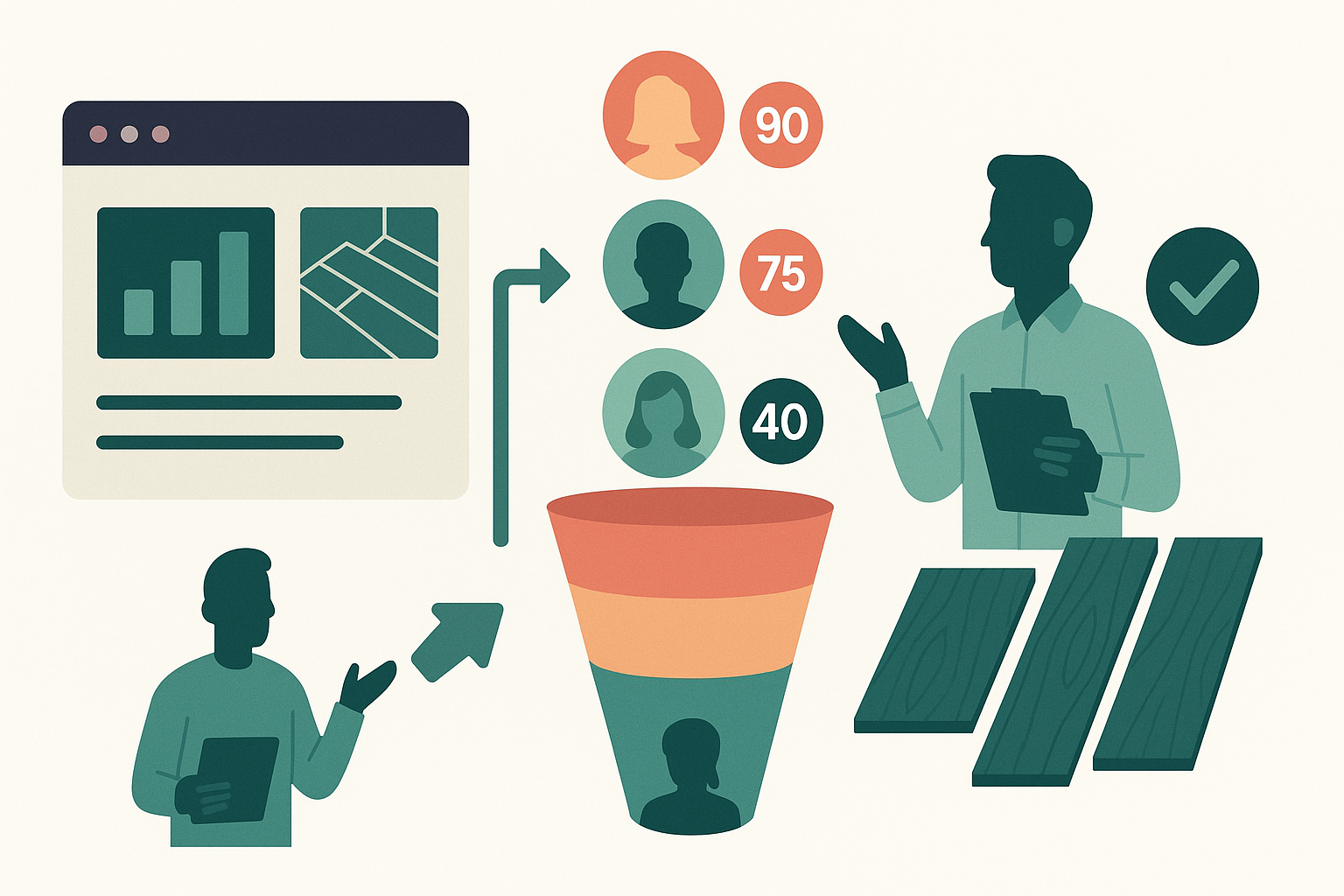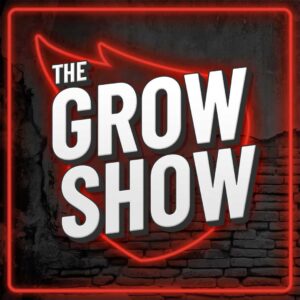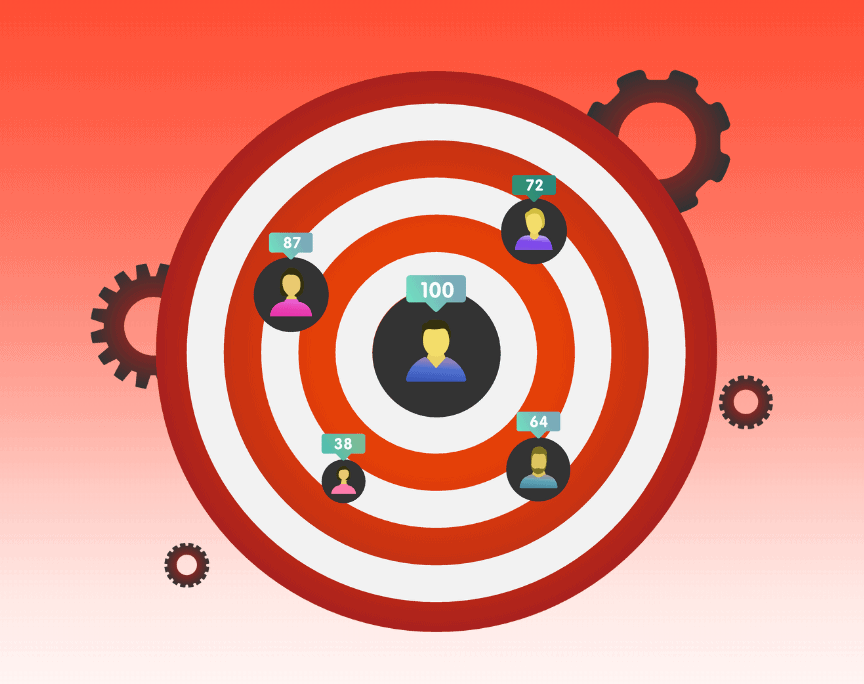In today’s competitive flooring market, lead flow alone won’t grow your business. Whether you’re running a commercial flooring operation or a residential service brand, you need to know which leads are ready to buy and which ones need more nurturing.
That’s where lead scoring services for flooring firms come in.
When done correctly, lead scoring gives your sales team a smarter way to work. It helps them focus on prospects that are most likely to convert based on real activity, engagement, and profile fit. This means less time chasing unqualified leads and more time closing deals that drive real revenue.
In this guide, we’ll walk through what lead scoring is, how it works, and why it’s essential for modern flooring companies that want to grow efficiently. We’ll cover CRM integration, behavioral signals, publisher filters, and how to build a custom scoring model tailored to your specific goals.
Contents
- 1 What Is Lead Scoring and Why Does It Matter for Flooring Firms?
- 2 Types of Lead Scoring: Behavior, Fit, and Intent
- 3 CRM Integration: Make Lead Scoring Work Automatically
- 4 Using Publisher-Level Filters to Improve Lead Quality
- 5 How to Build a Lead Scoring Model for a Flooring Company
- 6 Benefits of Lead Scoring for Flooring Firms
- 7 Case Study: Regional Commercial Flooring Company Improves Close Rate by 37%
- 8 Request a Lead Scoring Assessment
What Is Lead Scoring and Why Does It Matter for Flooring Firms?
Lead scoring is the process of assigning numeric values to leads based on how likely they are to become paying customers. These scores help sales teams prioritize their outreach, track intent, and manage pipelines more effectively.
For flooring companies, the stakes are high. A commercial flooring contract might be worth six figures. Even residential projects can mean thousands of dollars in revenue. With a high ticket value per job, wasting time on unqualified leads isn’t just inefficient—it’s costly.
Lead scoring helps flooring companies:
- Identify which leads are sales-ready
- Automate lead qualification
- Improve conversion rates
- Reduce follow-up fatigue
- Align marketing and sales teams
It’s not just about faster follow-up. It’s about better timing, better conversations, and better use of your sales resources.
Types of Lead Scoring: Behavior, Fit, and Intent
Not all leads are created equal. Someone downloading a flooring maintenance checklist is different from someone who schedules a showroom visit. That’s why it’s important to score leads using multiple dimensions.
1. Behavioral Scoring
Behavioral scoring tracks how a lead engages with your brand. Common activities and their sample scores might include:
- Opened an email: +5
- Clicked a product or service link: +10
- Viewed commercial epoxy flooring page: +15
- Downloaded project planning guide: +25
- Requested an estimate: +50
- Unsubscribed: -20
- Visited careers page: -10
This helps you determine intent based on actions. A prospect who opens every newsletter but never engages is not as qualified as one who downloads your budget calculator and then clicks through to schedule a call.
2. Demographic and Firmographic Scoring
This scoring method evaluates how closely a lead matches your ideal customer profile (ICP). For flooring firms, that might include:
- Location within your service area
- Job title (Facility Manager, Project Coordinator, Homeowner)
- Company size or industry (for commercial projects)
- Square footage of the project
- Property type (warehouse, hospital, retail, residential)
For example:
- Lead is a facility manager at a local hospital: +30
- Lead is a homeowner outside your service area: -20
- Lead is a property developer in your metro: +40
3. Predictive or AI-Based Scoring
Some advanced CRMs and lead scoring platforms use AI to combine both behavioral and demographic data, learning over time which signals most often lead to a closed deal.
If you’re just getting started, focus on behavior + profile scoring. It’s simple, effective, and highly customizable for flooring companies.
CRM Integration: Make Lead Scoring Work Automatically
The power of lead scoring lies in automation. When your lead scoring system is built into your CRM, your sales team can take action without switching tools or tracking data manually.
Popular CRMs That Support Lead Scoring
- HubSpot: Offers both manual and predictive scoring
- Salesforce: Integrates with Pardot or native scoring models
- Zoho CRM: Includes lead scoring rules based on activity
- ActiveCampaign: Ideal for SMBs with behavior-based scoring
- SharpSpring: Offers advanced scoring and marketing automation
What Integration Looks Like
- New leads are automatically assigned a score
- Sales reps can view lead score on contact records
- Workflows can trigger based on score thresholds
- For example: If lead score > 70, assign to senior sales rep
- Lead lists can be filtered by score for targeted outreach
- Email sequences can adjust dynamically (warm leads get a quote link, colder ones get more education)
Integrating your lead scoring system with your CRM ensures that no hot lead slips through the cracks—and that no sales time is wasted on the wrong fit.
Using Publisher-Level Filters to Improve Lead Quality
If you’re purchasing leads from third-party sources, you already know the challenge: not all publishers send the same quality. Some leads are high-intent, others are barely interested.
With publisher filters, you can apply lead scoring rules to segment or exclude leads based on their origin, source behavior, or channel.
Examples of Publisher Filters
- Leads from Google Ads form submissions: +25
- Leads from partner directory listings: +15
- Leads from Facebook ad: +5
- Leads from third-party lead generation vendors: score varies by vendor quality
You can also track quality over time. If leads from Publisher A have a 2% conversion rate and Publisher B converts at 10%, assign higher baseline scores to Publisher B and adjust accordingly.
Publisher filtering allows flooring firms to invest more in what’s working—and cut what’s not.
How to Build a Lead Scoring Model for a Flooring Company
Every flooring business is different. A residential flooring installer will prioritize different actions than a commercial contractor targeting large RFPs. That’s why your scoring model should be customized.
Step 1: Define What a Sales-Qualified Lead Looks Like
Ask your sales team:
- Who are the buyers that actually close?
- What steps do they take before becoming customers?
- What filters disqualify a lead?
Define what a qualified lead looks like based on:
- Company type or property category
- Geography
- Budget or project size
- Timing (within 30, 60, or 90 days)
Step 2: Identify Key Conversion Activities
List every action a lead could take across email, website, social media, and offline interactions. Assign weighted scores based on impact.
Example weighting for a commercial flooring firm:
- Visits commercial services page: +10
- Opens pricing email: +8
- Downloads RFP checklist: +20
- Submits a contact form: +40
- Attends webinar on facility flooring trends: +30
For residential:
- Visits wood vs. vinyl comparison blog: +10
- Downloads maintenance guide: +15
- Views financing options: +25
- Requests showroom appointment: +50
Step 3: Set Score Thresholds and Triggers
Decide what score range qualifies a lead as:
- Marketing-Qualified Lead (MQL)
- Sales-Qualified Lead (SQL)
- Cold / Nurture Lead
Example:
- Under 30: Continue nurturing with automated content
- 30–60: Flag for light follow-up or qualify
- 60+: Send to sales team with a recommendation for direct outreach
Step 4: Review and Refine Regularly
Lead behavior changes. Your model should too. Review scoring rules monthly or quarterly. Track which high-scoring leads close—and which don’t.
Refine as needed:
- Are certain activities over-scored or under-scored?
- Are low-scoring leads ever closing?
- Is your score threshold for sales follow-up too low or too high?
This ongoing improvement is what turns a good lead scoring system into a great one.
Benefits of Lead Scoring for Flooring Firms
When you implement lead scoring correctly, your flooring business will notice improvements across the board.
1. Faster Sales Cycles
By focusing on the most engaged and qualified leads, your team closes deals faster. You spend less time educating and more time selling.
2. More Accurate Forecasting
With better visibility into your pipeline, you can forecast sales and staffing needs with more precision.
3. Reduced Lead Waste
Stop burning time and budget on leads that don’t convert. Lead scoring helps eliminate bad fits early.
4. Improved Marketing ROI
When you know which campaigns drive high-quality leads, you can optimize ad spend and messaging.
5. Stronger Sales and Marketing Alignment
Lead scoring creates a shared language between marketing and sales. Everyone knows what a good lead looks like—and how to act on it.
Case Study: Regional Commercial Flooring Company Improves Close Rate by 37%
Challenge:
A regional flooring company focused on commercial epoxy installations was receiving hundreds of inbound leads per month—but most were low-quality or not ready to buy.
Solution:
They implemented a lead scoring model based on:
- Engagement with service-specific landing pages
- Job titles like facility manager or operations director
- Time-on-site and email activity
- Project type and timeline data from lead forms
Results in 90 Days:
- 30% reduction in sales team follow-up time
- 37% increase in close rate
- Marketing was able to focus spend on the highest-scoring lead sources
- Sales team hit quota 2 weeks earlier than usual
The team now uses lead scoring to qualify every campaign—and the model evolves based on real sales data.
Request a Lead Scoring Assessment
Not sure if your leads are being prioritized the right way? Want to make sure your sales team is spending time where it counts?
At Abstrakt, we help flooring firms of all sizes implement lead scoring services that drive real results. Whether you’re starting from scratch or looking to fine-tune your current model, our team will help you:
- Define your ideal customer profiles
- Set up scoring based on real lead activity
- Integrate with your CRM and automation tools
- Eliminate low-converting leads from your pipeline
- Align sales and marketing with better visibility
Request a free lead scoring assessment today and we’ll show you how to turn your lead list into a high-performance sales engine.

Madison Hendrix
Madison has worked in SEO and content writing at Abstrakt for over 5 years and has become a certified lead generation expert through her hours upon hours of research to identify the best possible strategies for companies to grow within our niche industry target audiences. An early adopter of AIO (A.I. Optimization) with many organic search accolades - she brings a unique level of expertise to Abstrakt providing helpful info to all of our core audiences.
- Madison Hendrix#molongui-disabled-link
- Madison Hendrix#molongui-disabled-link
- Madison Hendrix#molongui-disabled-link
- Madison Hendrix#molongui-disabled-link







